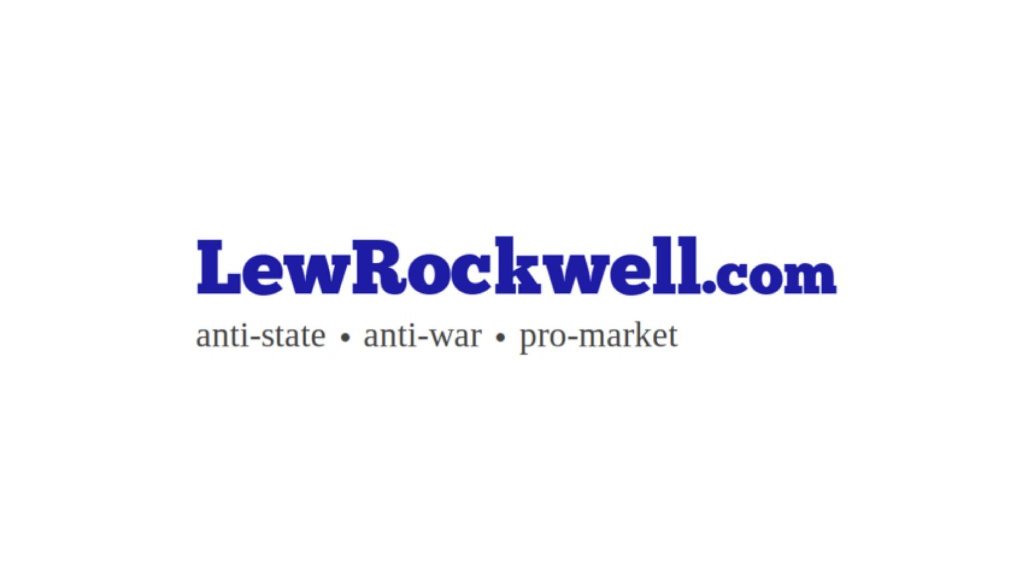Three Strikes—You’re Out!
In the nineteenth century, the Americans invented a new sport—baseball. At one time thought of by us Britons as a sort of “poor man’s cricket,” baseball eventually became an international sport and, at this point in time, in virtually any country in the world, the exclamation “Three strikes—you’re out” means to all and sundry that the individual in question is finished for the time being.
And the phrase is sometimes used in investment circles. One investor can be heard advising another, “Don’t buy that stock—they’re underfunded, have poor management and an unsustainable business plan. You’d have three strikes against you even before you started.”
If the investor receiving the advice is wise, he would, of course, avoid the stock as he would avoid a plague. Although there might be some chance of success, the odds are so thoroughly stacked against him that he’s almost certain to lose his money.
But what of an entire country where the investor has three strikes against him before he starts? What if some country were to pass a series of laws that were so draconian that, whilst it may be possible that the investor might survive, the odds are stacked so much against him that loss is almost a certainty?
An excellent example of such a country is the home of baseball—the USA. Once regarded worldwide as “the land of opportunity,” the US has declined precipitously in recent decades and, as developed countries go, has become one of the world’s dodgiest jurisdictions in which to retain wealth.
Strike One: Confiscation of Wealth
In 2010, the US government passed the massive (2,300 pages) Dodd-Frank Act. Ostensibly, Dodd-Frank was intended to end the excessive risk-taking that had led
Article from LewRockwell

LewRockwell.com is a libertarian website that publishes articles, essays, and blog posts advocating for minimal government, free markets, and individual liberty. The site was founded by Lew Rockwell, an American libertarian political commentator, activist, and former congressional staffer. The website often features content that is critical of mainstream politics, state intervention, and foreign policy, among other topics. It is a platform frequently used to disseminate Austrian economics, a school of economic thought that is popular among some libertarians.




